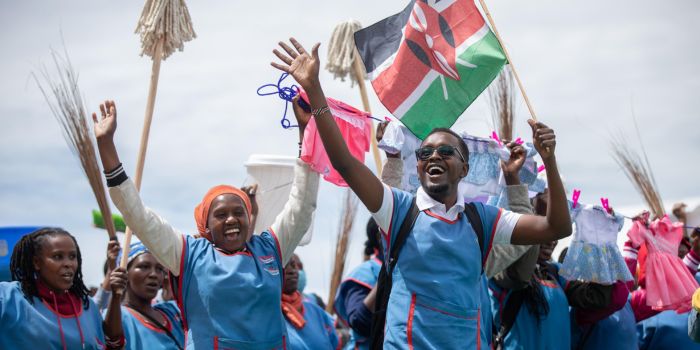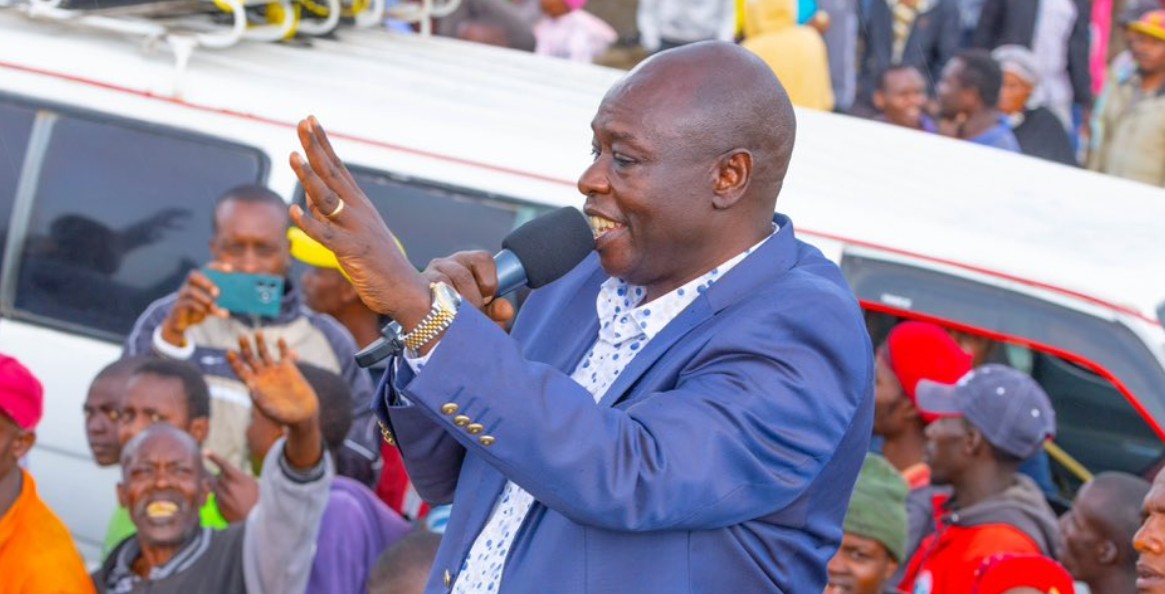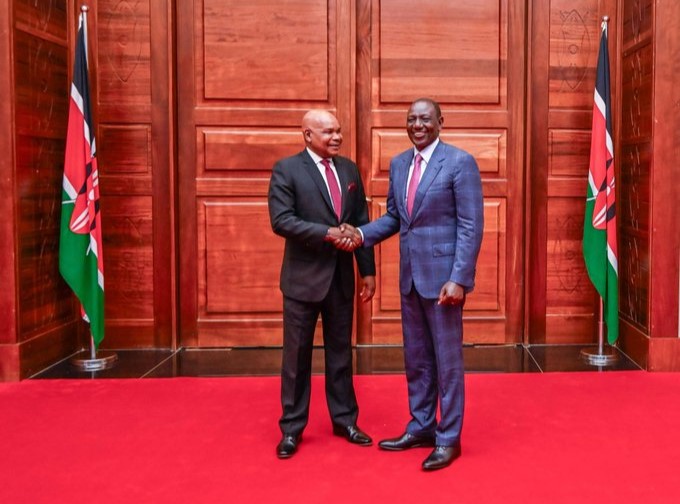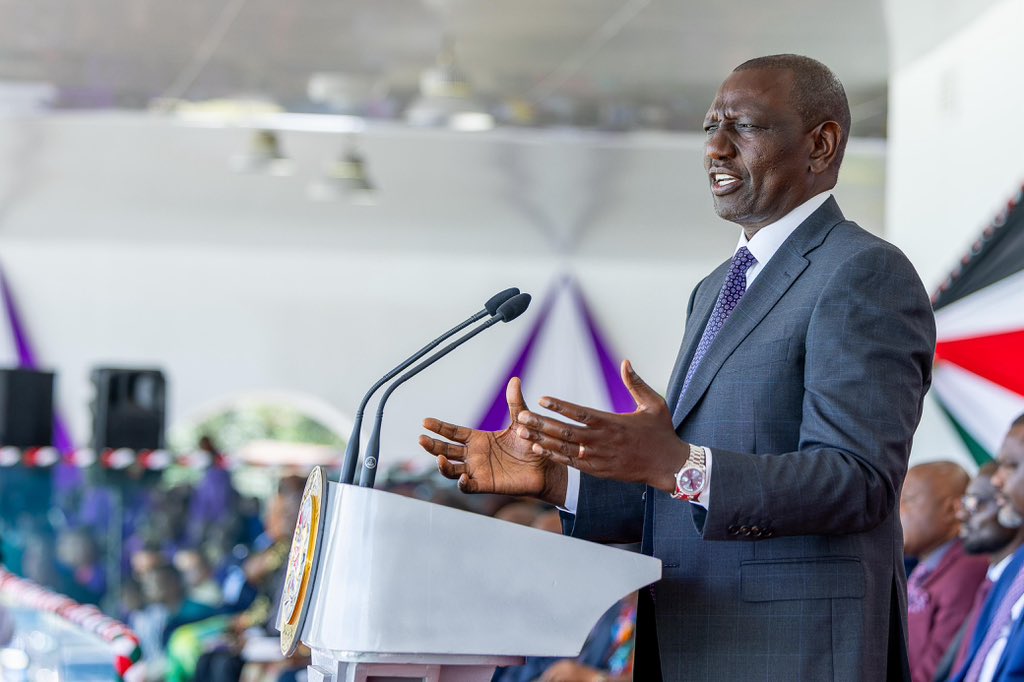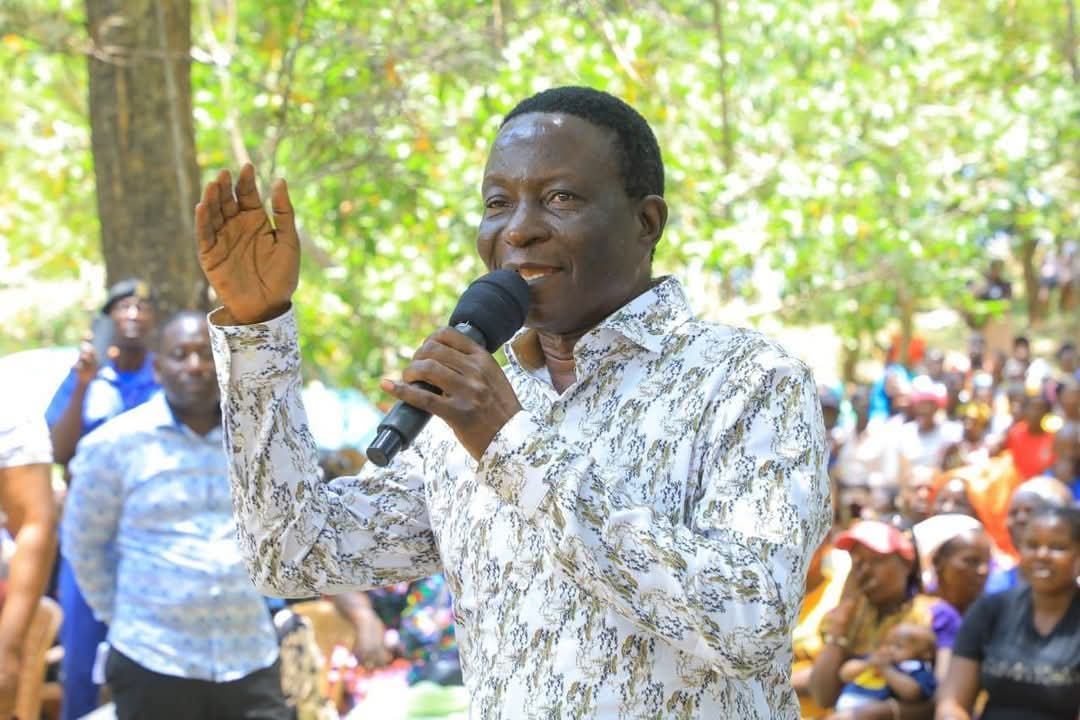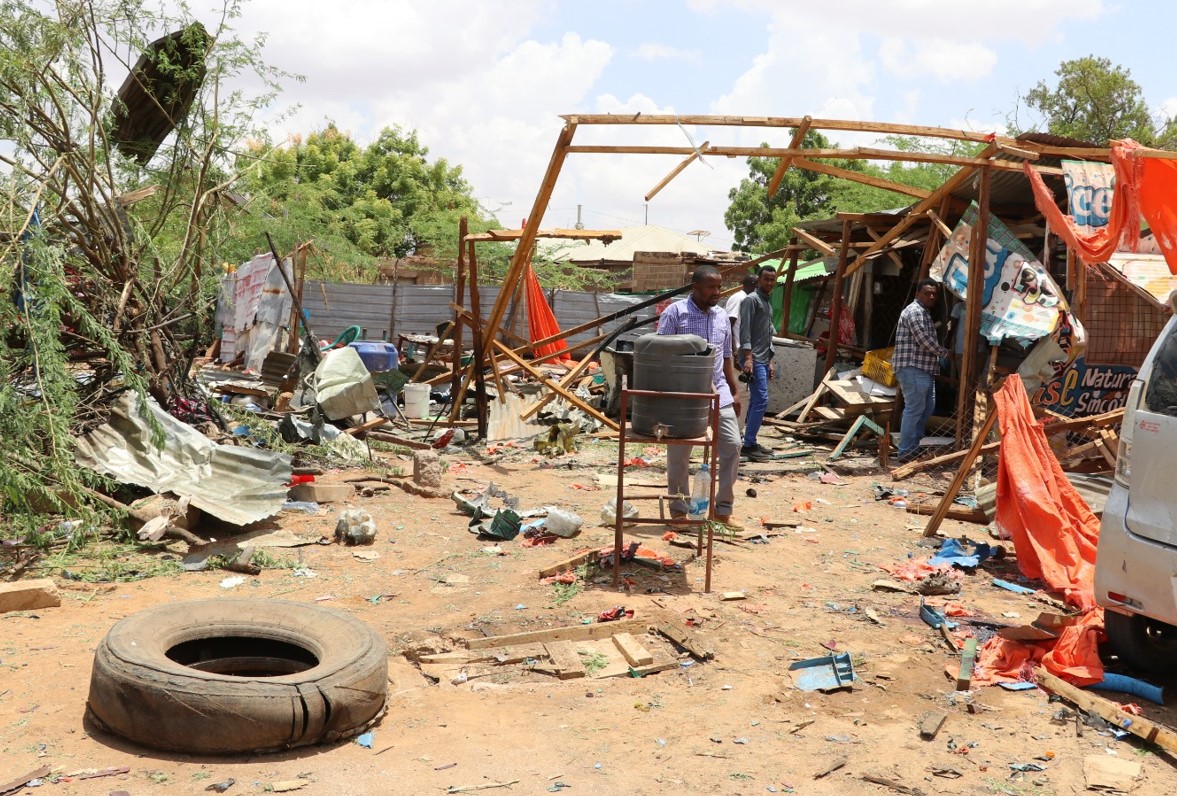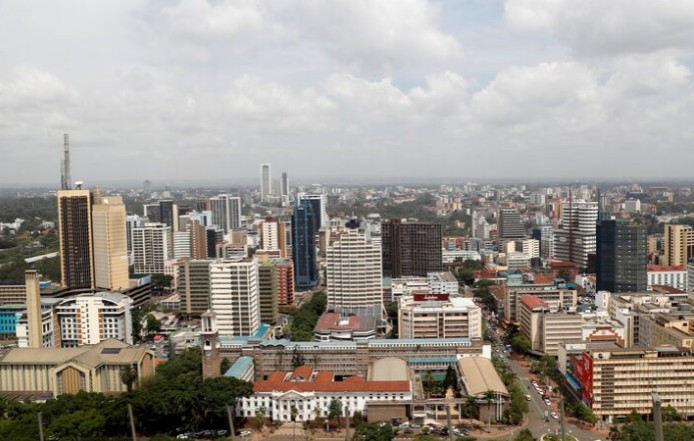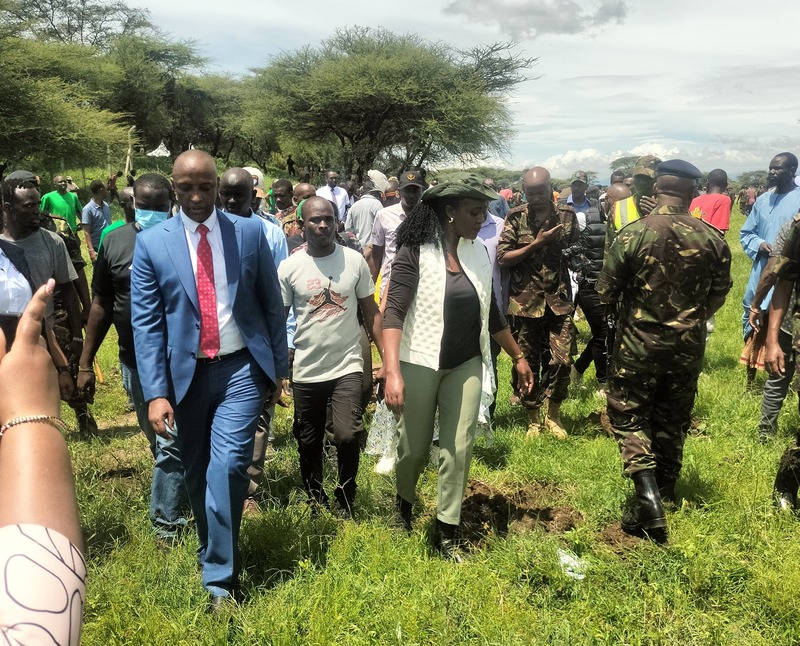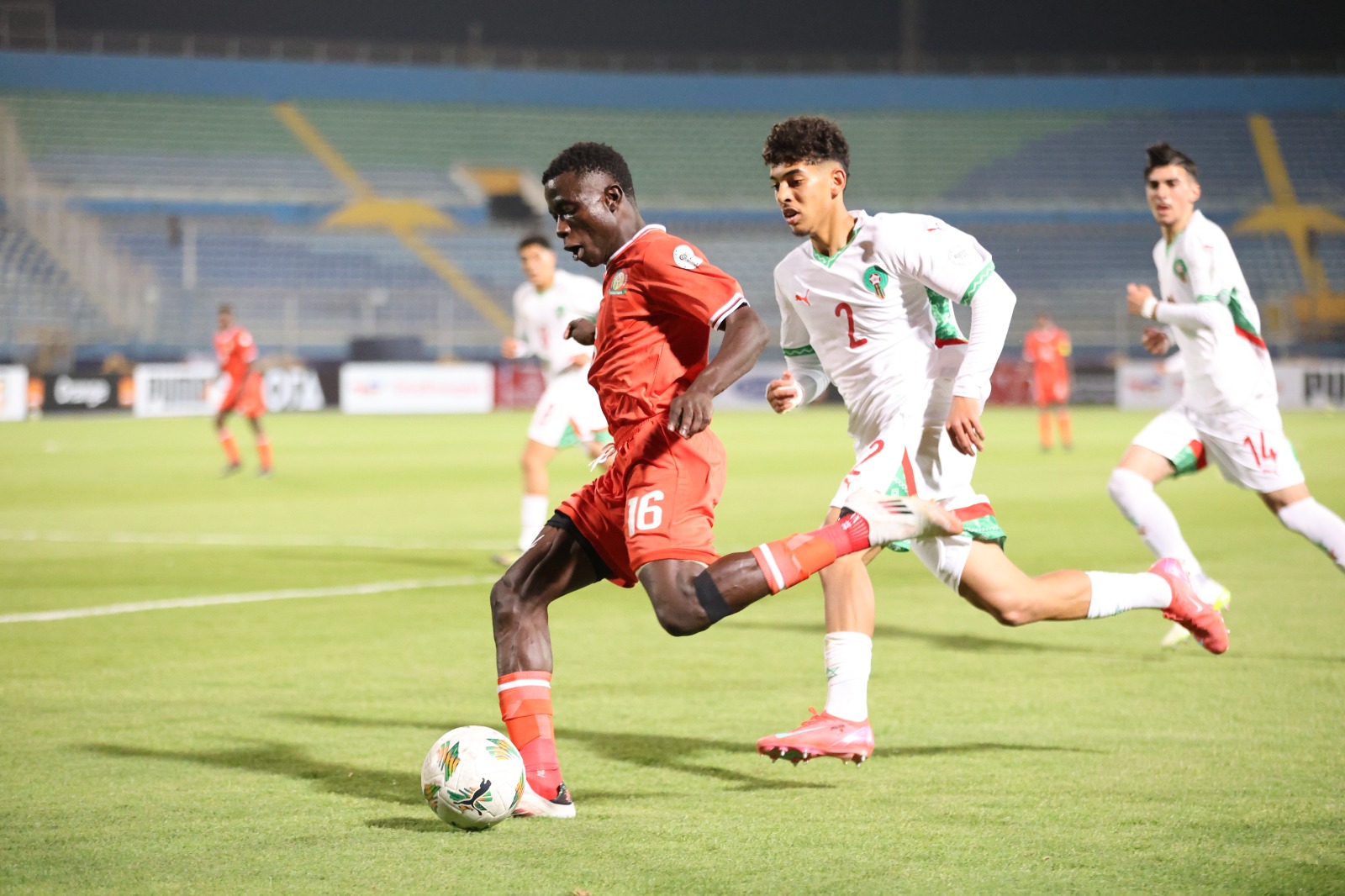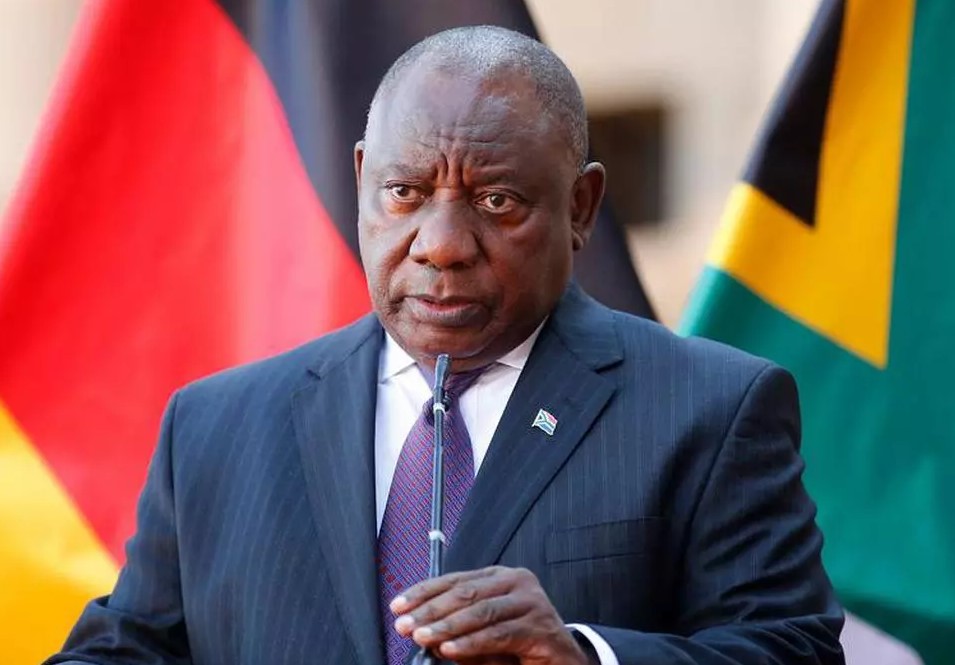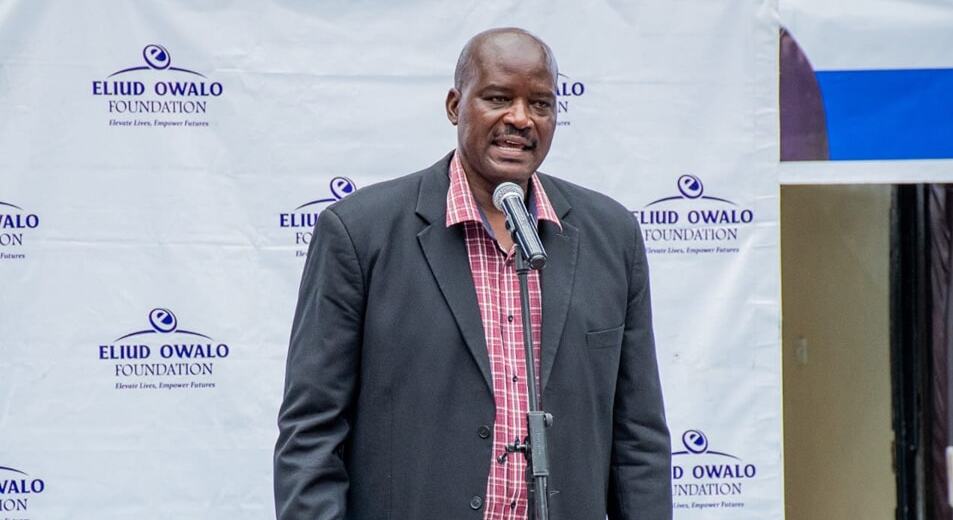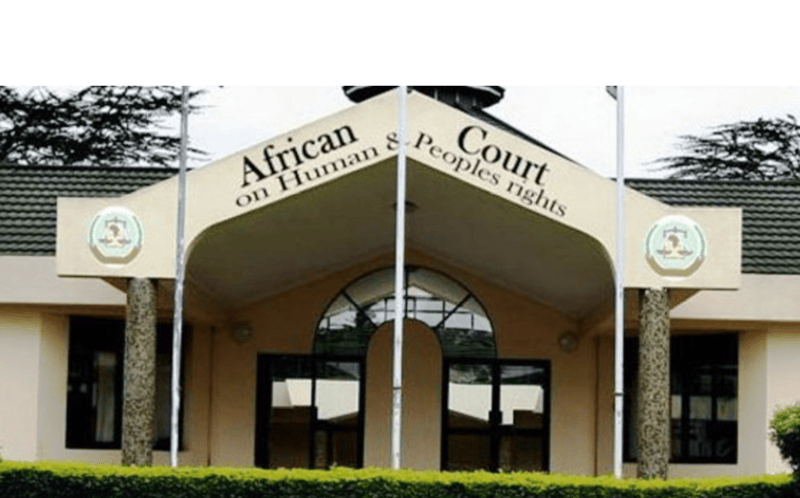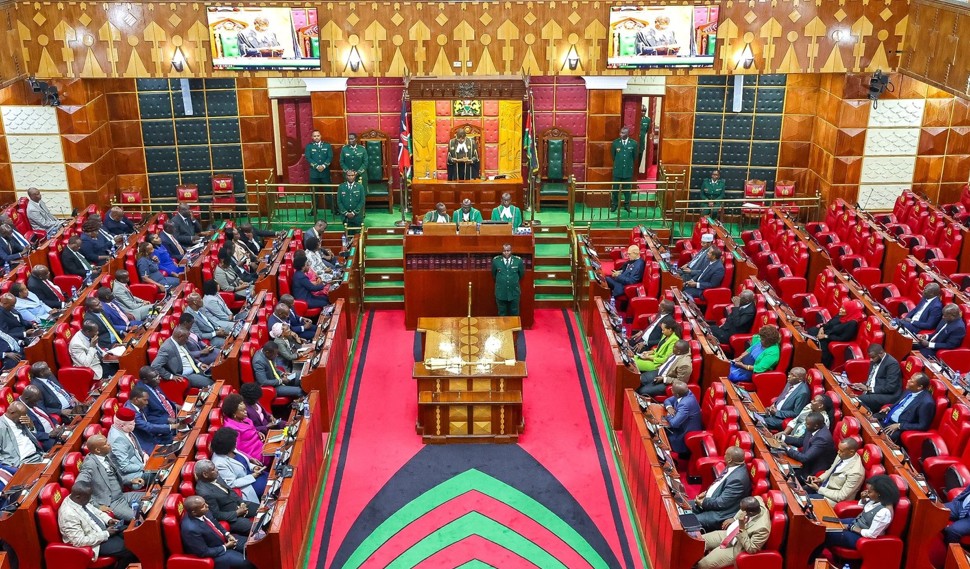Report highlights challenges Haiti mission faces in battling gang control over key urban areas
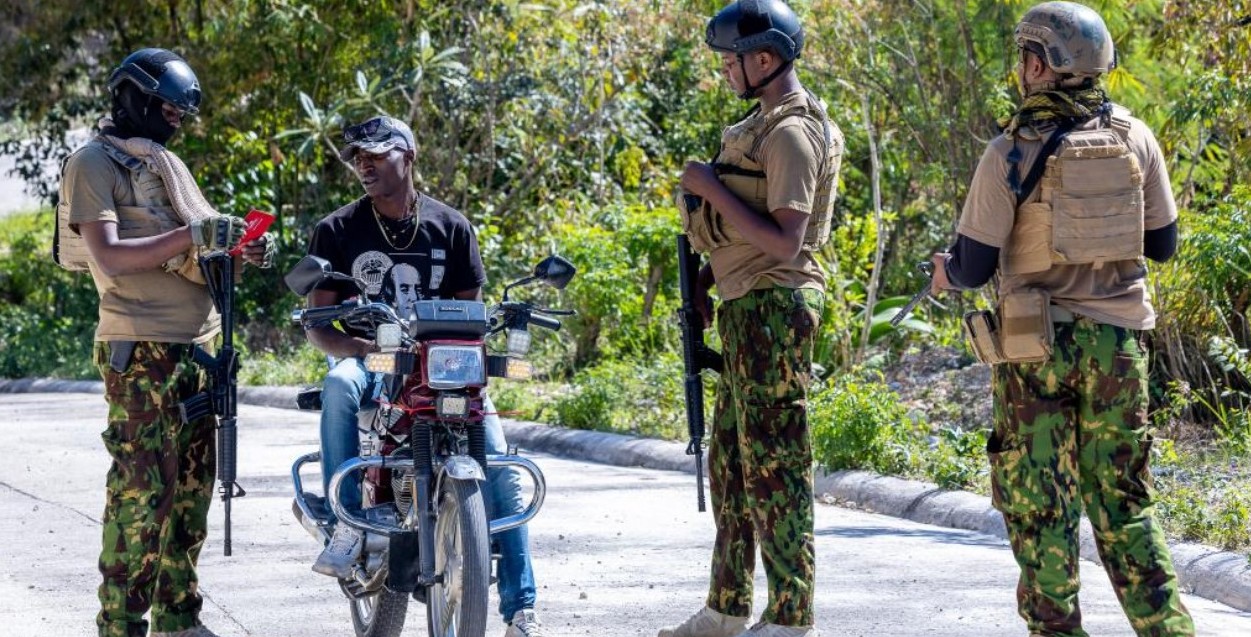
Humanitarian workers have been targeted, and critical infrastructure, such as medical facilities and shelters, has been destroyed.
A Geneva-based research organisation's new report on the security situation in Haiti shows that the Multinational Security Support (MSS) mission is currently stuck between a rock and a hard place as it remains under-deployed and struggles to challenge gangs' territorial control, particularly in critical urban areas.
The Global Initiative Against Transnational Organised Crime (GI-TOC)'s report shows that despite the mission recording some wins since its deployment in June last year, such as the seizure of the residence belonging to gang leader Cherizier towards the end of last year, the gang's defences "have never been in a weak position".
More To Read
- 261 officers stranded as deployment to Haiti stalls due to lack of equipment, support
- UN forum renews calls for France to repay Haiti’s independence ‘ransom’
- Family of Kenyan police missing in Haiti accuses state of neglect
- One officer killed, two others injured in Kenya’s ongoing Haiti mission, CS Murkomen confirms
As a result, towards the end of February, the Kenyan-led mission suffered its first major casualty when gang members fatally shot Police Constable Samwel Kitwai, who was part of a team responding to a distress call by residents of Pont-Sonde.
Last month, another officer, Benedict Kabiru, was reported missing, and his fate is yet to be established.
At the same time, during the recent attacks in Kenscoff, Mayor Jean Massillon reported that the attackers had surrounded the area, leaving local authorities struggling to secure reinforcements to repel the assault.
What followed was a significant loss of life and disruption of agricultural activities, as many victims were working-class individuals tending crops. GI-TOC notes that leaked information had revealed that the Haitian National Police (HNP) was aware of the pending attack but allegedly chose not to act.
"What transpired in Kenscoff underscored three things. First, the serious flaws in coordination, dialogue, and trust between the HNP and the MSS, but also the internal institutional weakening of the HNP, linked — in addition to exhaustion in the face of constant engagement with gangs for months — to internal fractures within the command," the report states.
"Second, and this stems from the first problem, the difficulties of the HNP and the MSS to deploy rapidly in different theatres of operations, particularly when these are geographically distant, and to maintain control of the territory, repel the gangs and gain ground against them. Third, there is a critical need for more effective intelligence gathering and timely response mechanisms within Haiti's security apparatus. The government's failure to act on prior warnings highlights systemic issues in coordination and resource allocation."
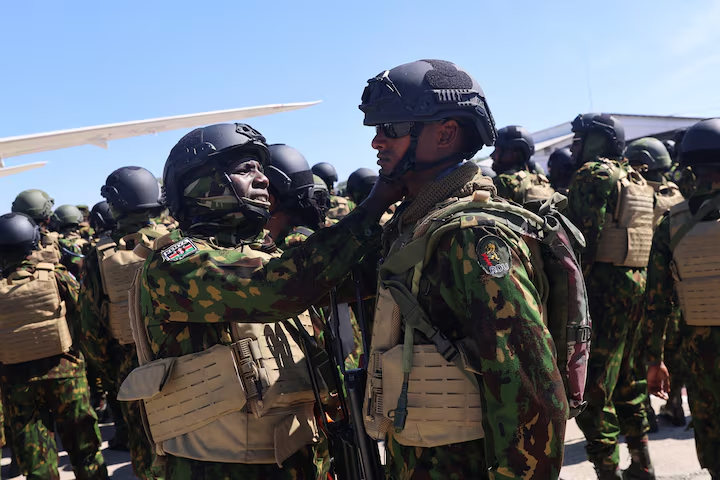 A Kenyan police officer adjusts the helmet of a colleague after arriving as part of a peace-keeping mission to tackle violence in Haiti, at the Toussaint Louverture International Airport, in Port-au-Prince, Haiti January 18, 2025.(PHOTO/REUTERS)
A Kenyan police officer adjusts the helmet of a colleague after arriving as part of a peace-keeping mission to tackle violence in Haiti, at the Toussaint Louverture International Airport, in Port-au-Prince, Haiti January 18, 2025.(PHOTO/REUTERS)
It adds that the MSS mission's challenges are also set against the backdrop of an escalating humanitarian crisis as gangs continue to disrupt humanitarian efforts by limiting access to vulnerable populations and cutting off main supply routes, resulting in food and medical shortages and further exacerbating residents' suffering.
Humanitarian workers have been targeted, and critical infrastructure, such as medical facilities and shelters, has been destroyed.
However, all is not lost, as the report agrees there is still time and space for the mission to make an impact if properly supported.
"The international community must work to balance short-term actions with long-term strategies for rebuilding Haiti's institutions. It must also act decisively to expand the mission and bolster the HNP's capability to reclaim territories from gang control," it says.
It also calls on both the MSS and the HNP to be supplied with regular operational and tactical training, combined with the provision of intelligence on the evolution of gangs within their territories.
"This aspect of the operational development of national and international law enforcement agencies is sorely lacking at present. The lack of strategic planning prevents the conduct of long-term operations and the consolidation of a clear line. The public forces, in particular the MSS, seem to lack reliable information on the behaviour of the gangs, their weaponry and their tactical innovations, creating an upper hand for the criminal groups of which the latter are particularly aware."
"It is essential that these efforts be supported by sustained financial resources, comprehensive police reforms and long-term development strategies. Without such a multifaceted approach, Haiti's descent into chaos will only continue."
Top Stories Today
